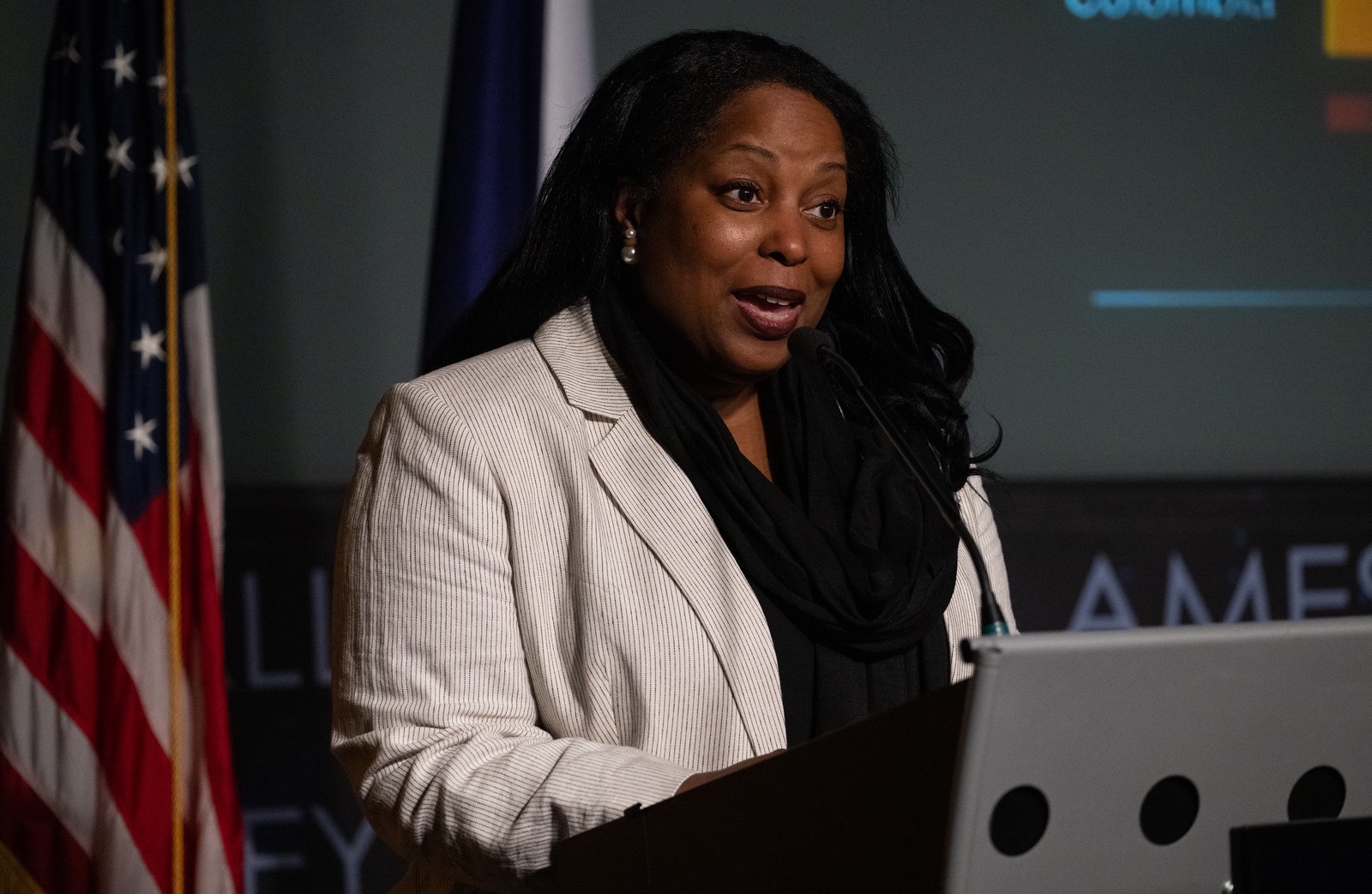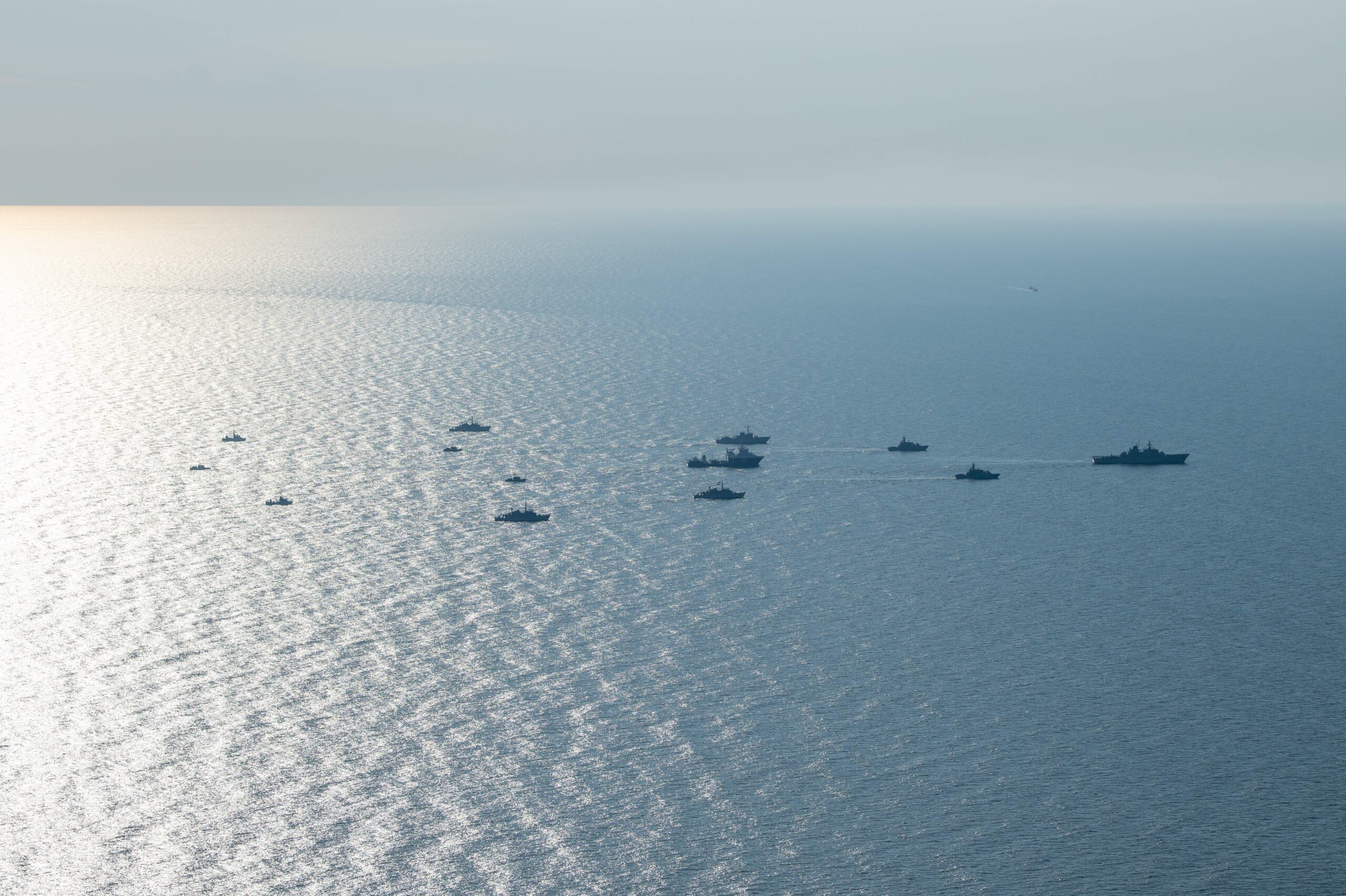WASHINGTON — A brand new State Department space policy framework is meant to align and guide ongoing work on space diplomacy by the department, including its work to support the Artemis Accords.
The State Department published May 30 the Strategic Framework for Space Policy, a first-of-its-kind document that outlines the efforts by the department to make use of diplomacy to advance space policy goals and likewise use space to advance broader diplomatic goals.
The document stemmed from discussions throughout the department on ensuring its efforts were aligned with national space policy, including the space priorities framework published by the White House in December 2021.
“We were attempting to work out how do we expect more imaginatively in our approach to addressing all of the lines of effort that we’ve throughout the department which might be focused on space policy and space diplomacy specifically,” said Jennifer Littlejohn, acting assistant secretary of state for oceans and international environmental and scientific affairs, in a recent interview.
“So, what we did in light of this increasing breadth and complexity of space diplomacy is we figured, let’s articulate space issues and the unique role that the department’s diplomacy can play,” she said, trying to support each international and interagency partners.
The framework, she said, was less about organising recent activities but as a substitute coordinating existing ones. “Loads of this was pulling together the lines of effort of things that we’re already doing, but doing it in a more coherent, clear and purposeful way that can also be transparent.”
Littlejohn said the State Department took a high-level approach to the framework to make it flexible. “Space activities are moving so quickly, just like a variety of other emerging technologies,” she explained. “You’ve gotten to be prepared and in a position to innovate, and whenever you’re overly prescriptive, it’s very hard to vary things or to maneuver quickly or to do the things you’ll want to do so as to be effective.”
One specific effort cited within the framework is the Artemis Accords, which outline principles of responsible activity in space exploration. The US and 7 other countries signed the accords after they were introduced in October 2020. Spain became the 25th signatory on May 30.
The main target of Artemis Accords signatories this 12 months has been on implementation of the document, Littlejohn said. One working group, led by america, is studying the best way to coordinate lunar surface activities. A second, co-chaired by Brazil and Poland, is examining the best way to engage emerging space nations and address obstacles to their participation in space exploration activities.
NASA and the State Department proceed to satisfy with prospective signatories, although she didn’t go into details about any ongoing discussions. “We’re seeing existing signatories and prospective countries conveying that there’s a real interest in engaging in what I’d say is meaningful conversation about secure, sustainable and responsible deep space exploration,” she said.
“The true strength of the Accords is the variety of the signatory group,” she said. “Although not every country could have the identical long-term exploration goals, I believe we’re working with all signatory countries to search out ways to participate meaningfully within the Accords conversation.”







